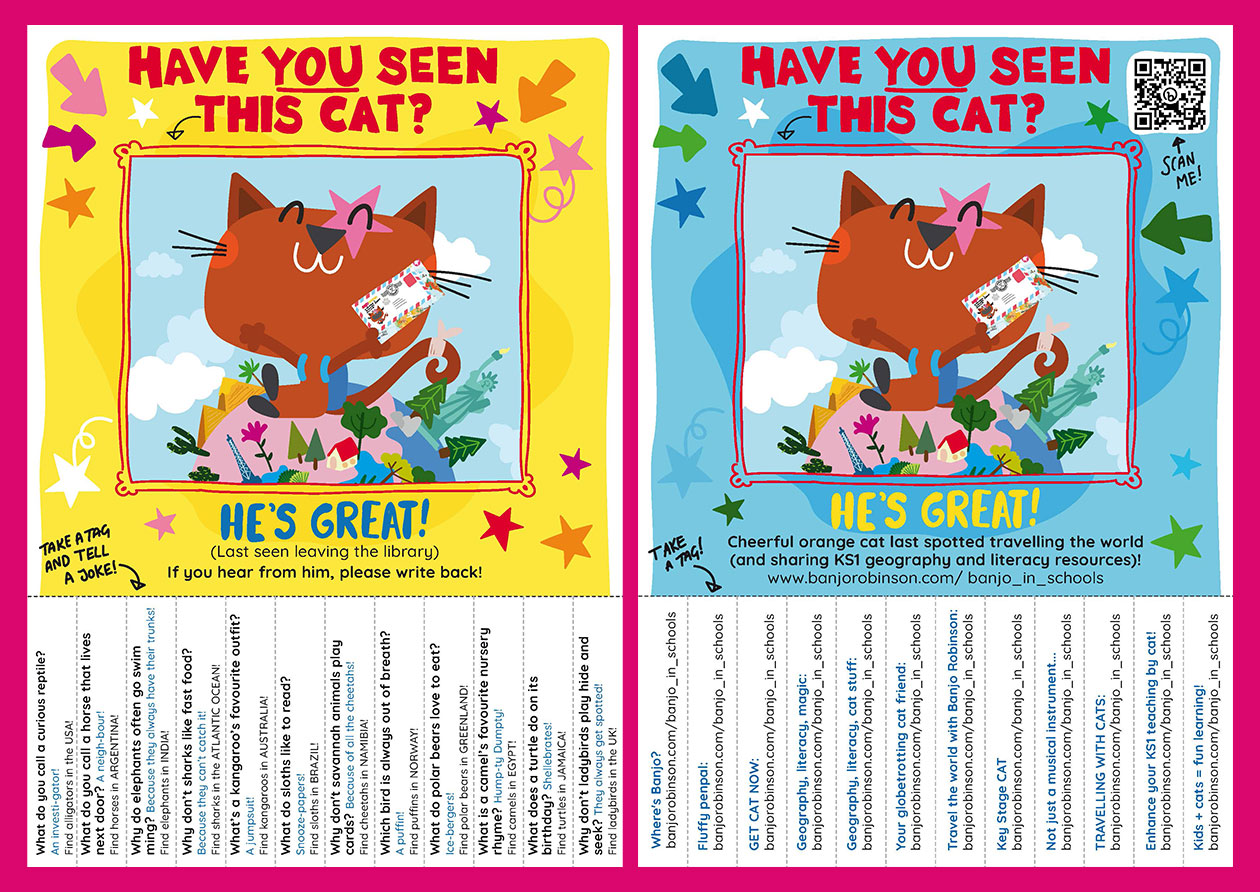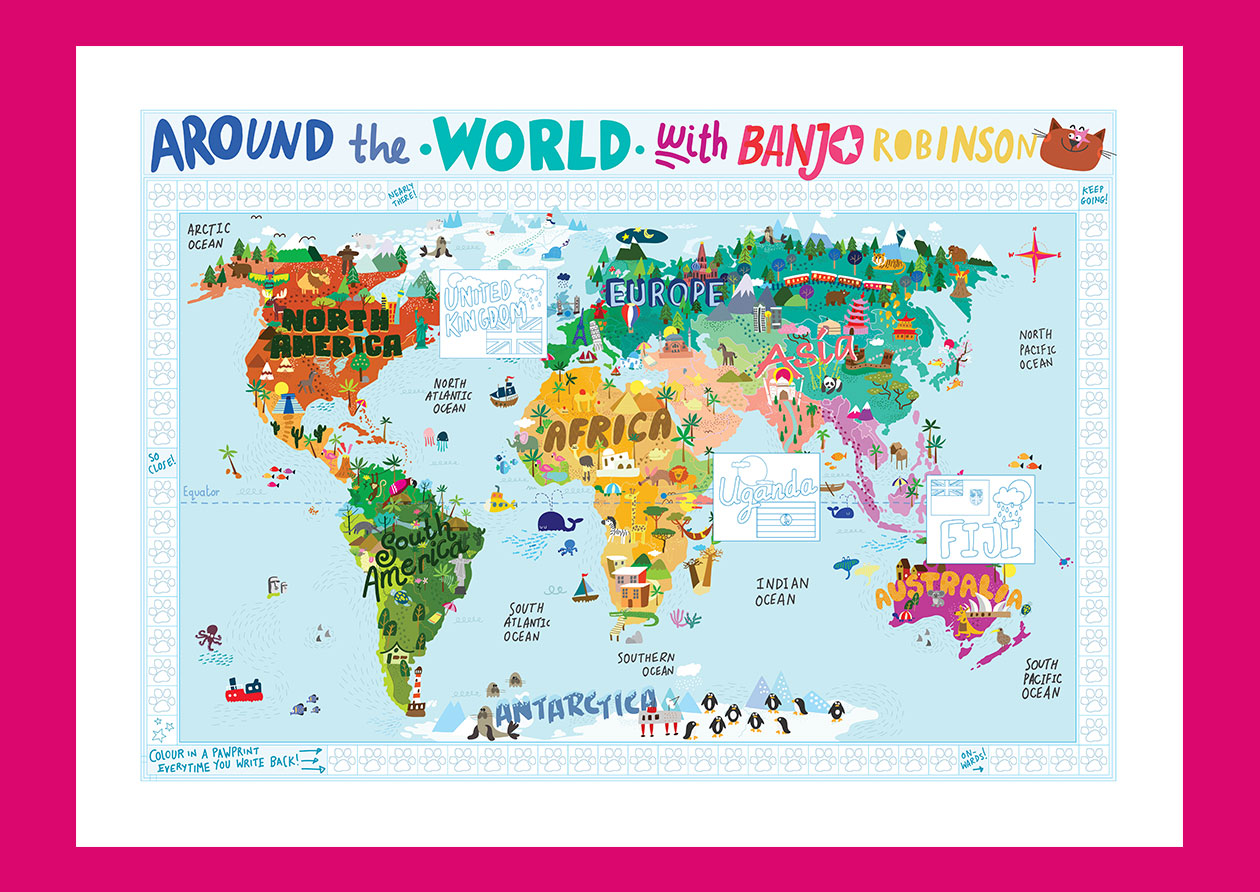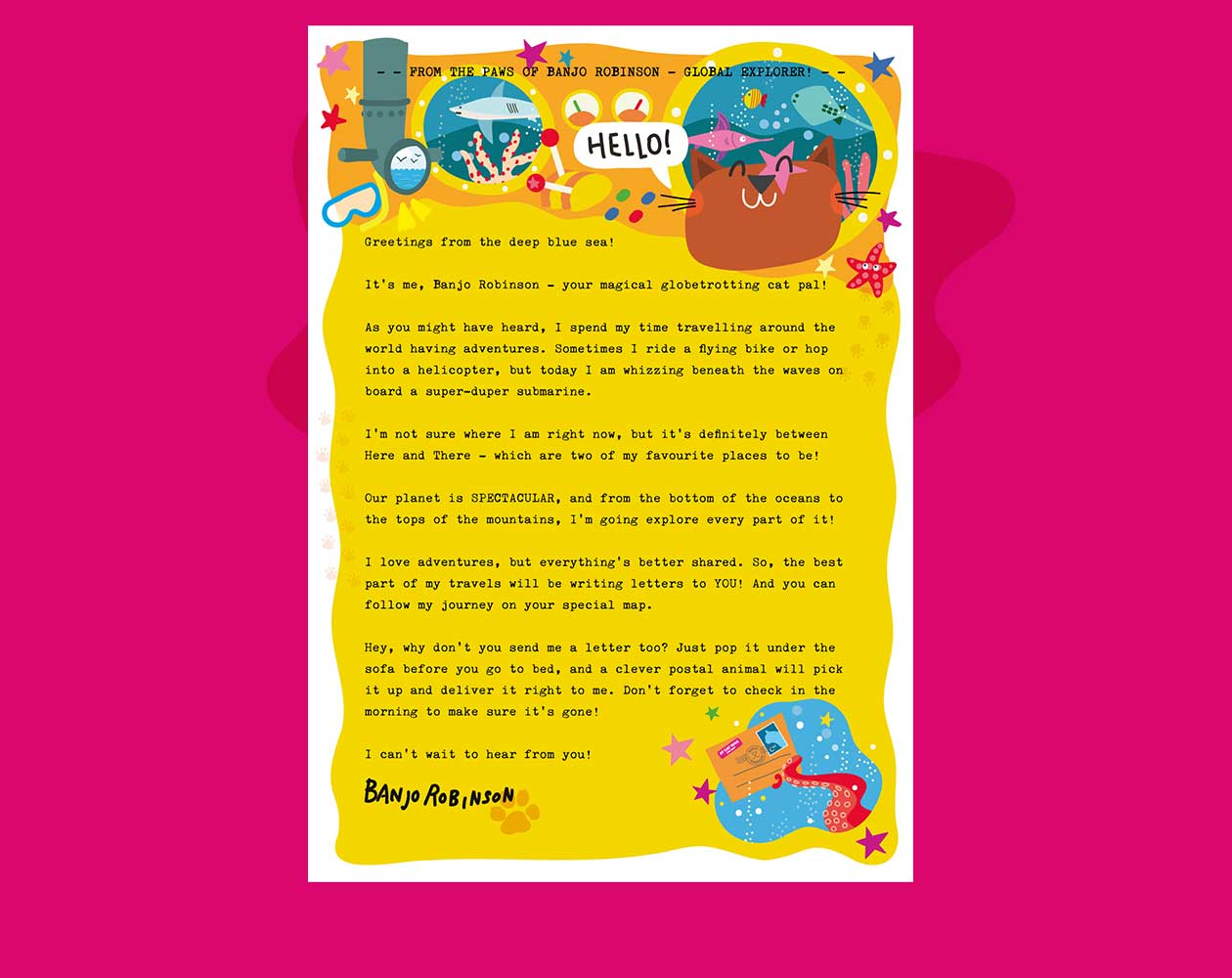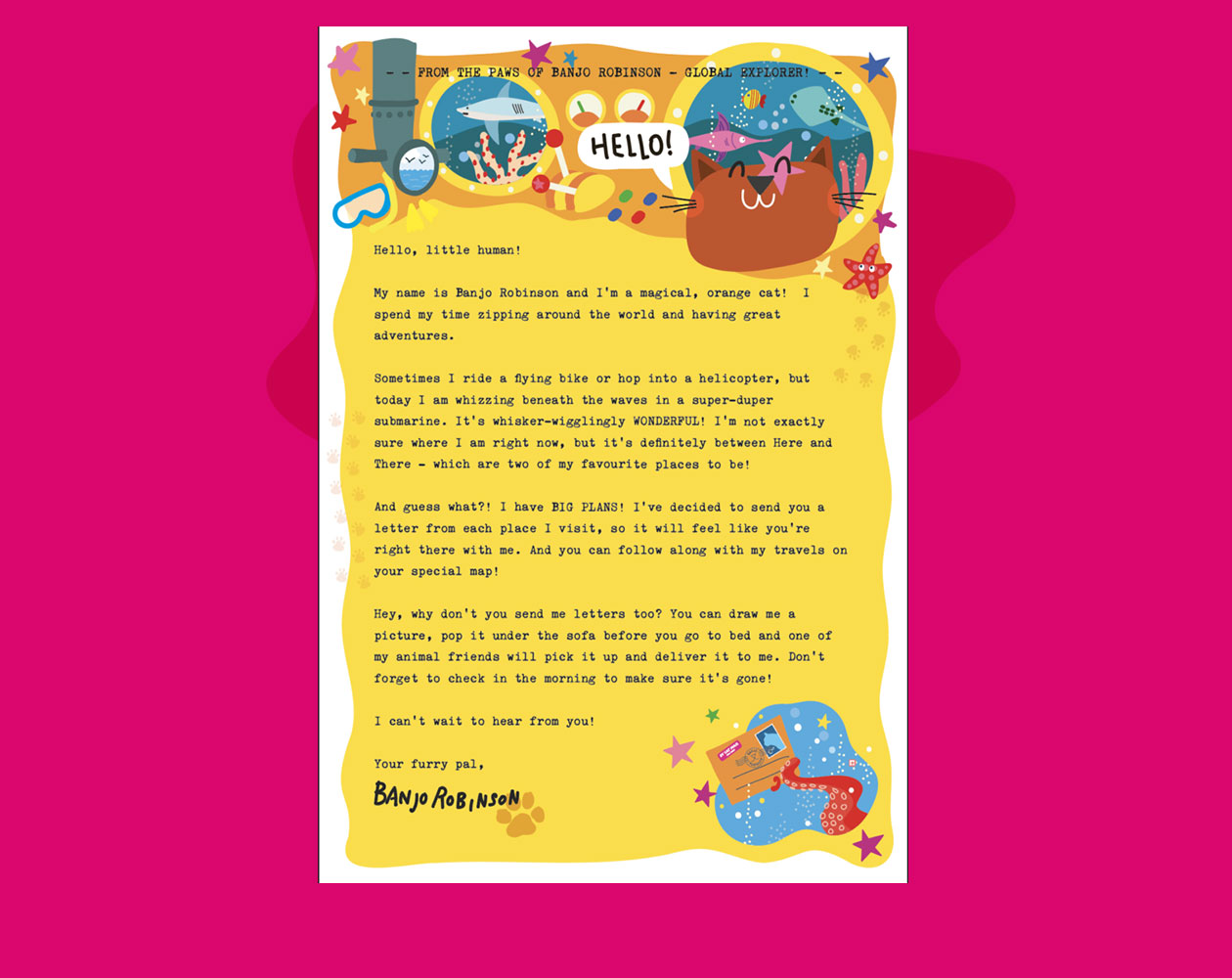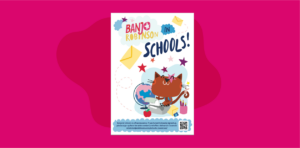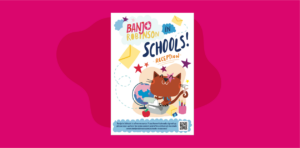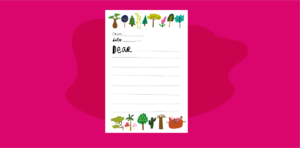Anti-Bullying Week: How can I help my kids?
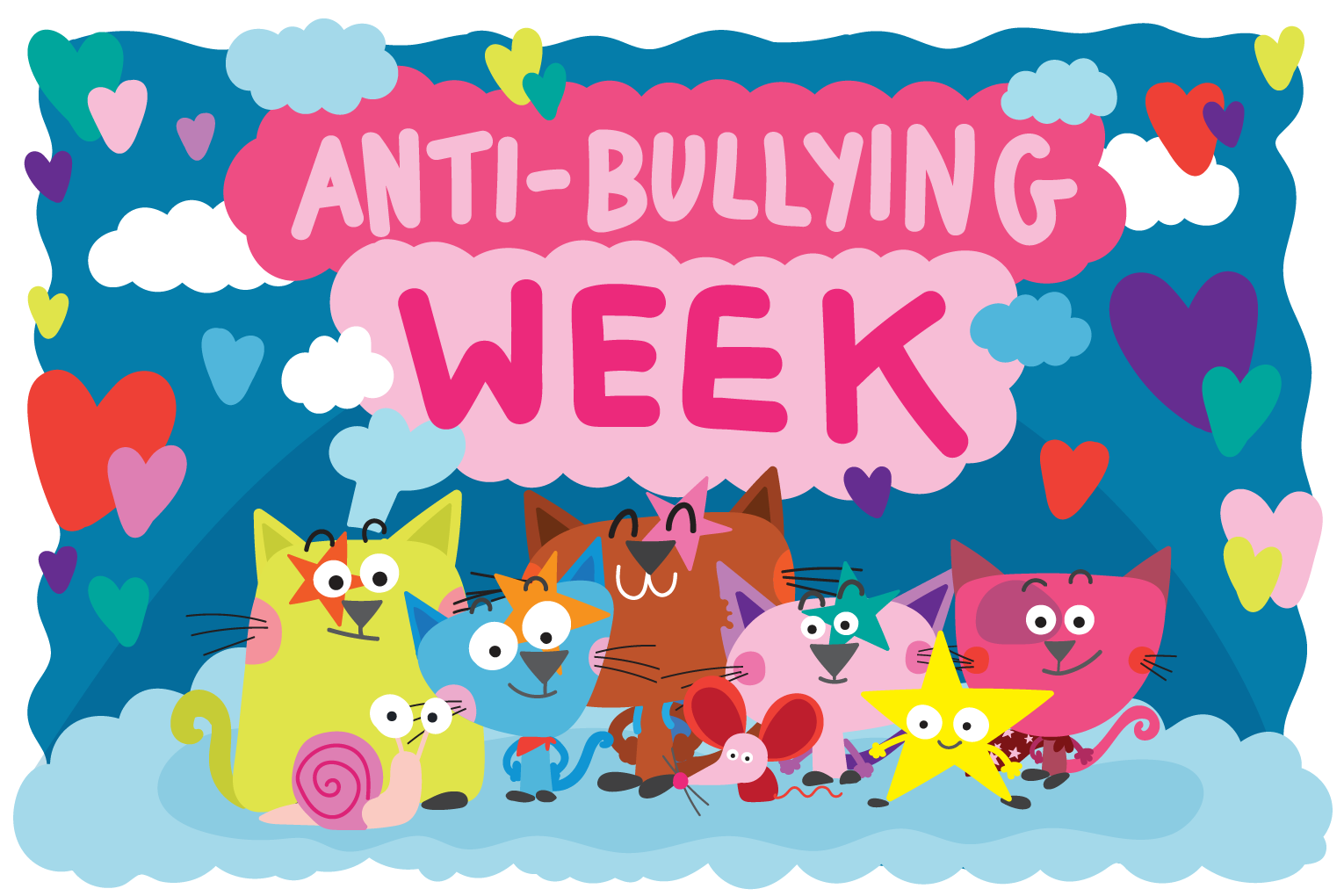
Tomorrow is the start of Anti-Bullying Week. As ever, bullying remains a real concern for kids and parents. Unkind words and actions can really affect our children and could lead to them bottling everything up and not wanting to talk about what is happening to them. We want our little ones to feel loved and confident every day so here are a few tips of how to deal with speaking to your child about bullying, as well as resources we’ve found super useful:
One Kind Word
Ask if someone is okay.. Say you’re sorry. Just say hey. In a world that can sometimes feel like it’s filled with negativity, one kind word can provide a moment of hope. It can be a turning point. It can change someone’s perspective. It can change their day. It can change the course of a conversation and break the cycle of bullying. Best of all, one kind word leads to another. Kindness fuels kindness. Check out the Anti Bullying website which has useful videos and information about their 2021 One Kind Word campaign.
Spot the signs
It is so important to look out for signs of a change in you child’s character (we know how difficult this can be given that they’re changing everyday!) but noticing things like they’re isolating themselves and not talking to the family, feeling withdrawn and spending more time alone, changes in eating habits or behaviour are all MASSIVE signs that something is wrong. There could be other reasons for these too, so ask yourself: is there anything else bothering my child? Have there been changes at home like a new baby, or divorce or separation? These could be contributing factors to their change in behaviour too. Remember, they may find it difficult to talk to you at first as they worry about hurting your feelings too. Check out the resources at Bullying UK too, lots of useful tips that can help you spot even more signs.
Talk AND listen
It’s so easy to just keep asking our little ones questions, as we really want to stop them from hurting – but it’s so easy to not totally hear their answers, and even make the situation worse. We really want them to open up and want to be able to talk about what is bothering them. Asking questions like: are there kids at your school that are always hurting other kids feelings? Do they ever hurt your feelings? Are there any kids at school this year that you don’t really like? Why don’t you like them? When you ask questions like this, you’re getting them to open up and talk about their experience but also understanding the situation too. Have a look at other questions to ask here too.
Banjo’s anti-bullying printable
We all want to encourage our children to treat others with respect and kindness, to stand up for their friends, and to share difficulties with a trusted adult. We’ve put together this print-at-home poster for your child to read, decorate and display proudly.
Other useful resources:
Please also remember that if your child is experiencing bullying, they will want reassurance that everything will be ok and that they’re believed. Please don’t be afraid to speak to their teacher about any issues – their priority is that your child feels safe and happy and they will do everything that they can to help.
Stay FANTASTIC!
Lots of love, Banjo HQ x


